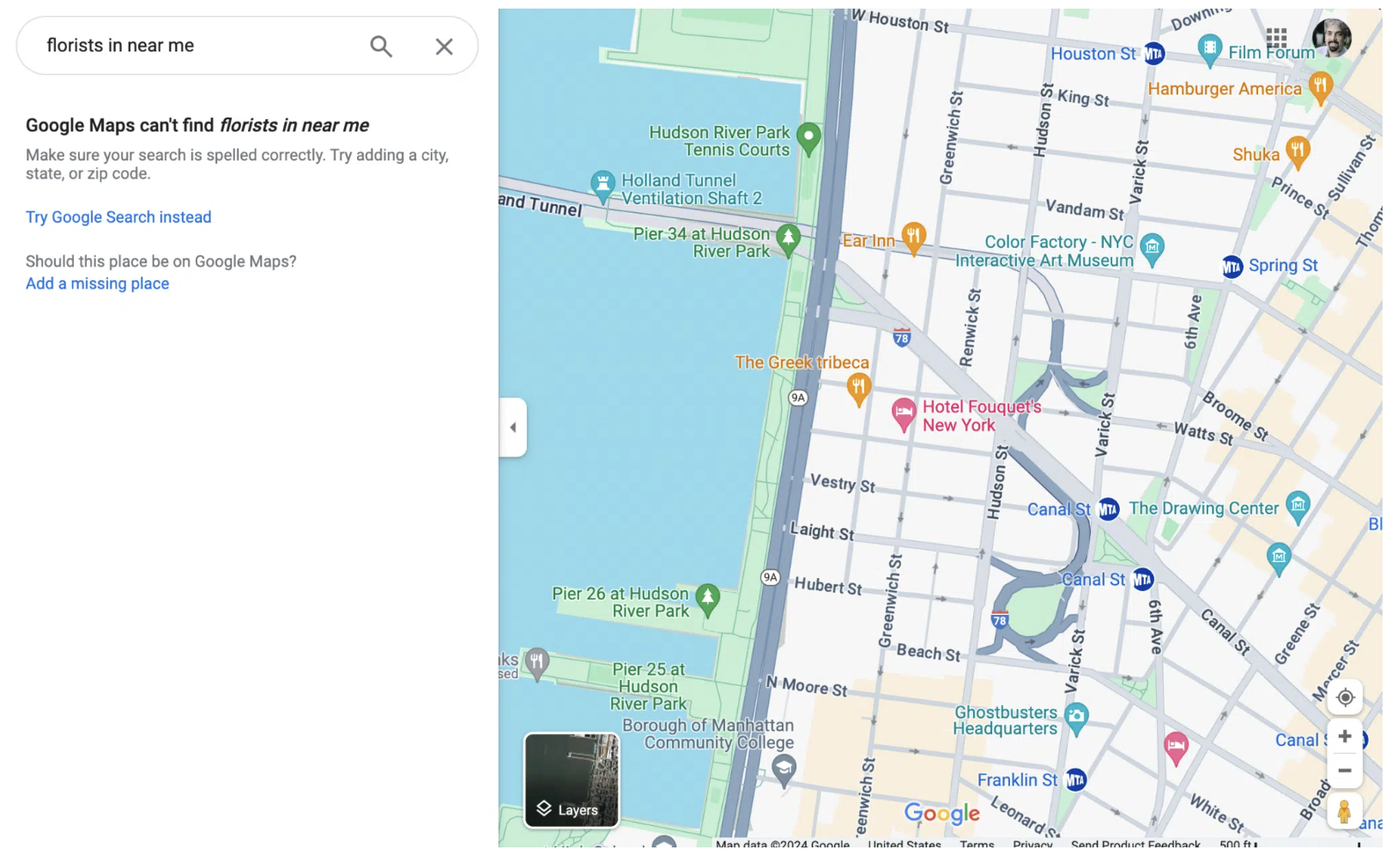Local Memo: Google Search Console Drops Page Experience Report, Adds Recommendations
Local Memo: OpenAI Reportedly Launching a Search Engine

Local Memo: OpenAI Reportedly Launching a Search Engine
In this week’s update, learn about OpenAI’s search engine; an investigative report alleging fraud in online reviews; restaurant profiles with price ranges; direct control over booking links in business profiles; and the temporary disappearance of the local pack.OpenAI Reportedly Launching a Search Engine
According to a report in The Information, OpenAI has been developing a search product that is, in part, powered by Bing. As Danny Goodwin reminds us, OpenAI has in fact been crawling the web for some time and, of course, already has a live plugin that makes Bing search results available to ChatGPT users. This new search initiative, though, is reportedly intended to compete directly with Google. It’s important to point out that Google’s search experience, though it relies on AI heavily these days to make ranking decisions, is fundamentally reliant on a massive and complex web indexing system that is especially good at incorporating the new content the web constantly produces. Large language models of the kind ChatGPT utilizes, by contrast, are trained on huge static datasets but cannot easily take in a steady stream of new data. It’s unknown how OpenAI may be thinking of bridging this gap, though the company has proven capable of disruption before, so their moves in search are worth watching.Investigative Report Reveals Bias in Online Reviews
HouseFresh, an online review site for air purifiers, has published an extensive study alleging that Google favors review content from large publishers, even when that content is blatantly fraudulent. As part of the investigation, HouseFresh demonstrated that several larger publishers used the same product photo in their supposed hands-on reviews of an expensive air purifier, suggesting these reviews were not authentic but rather published just to generate affiliate sales traffic. Sites like Better Homes & Gardens and Popular Science are among those alleged by HouseFresh to be the beneficiaries of Google’s preferential treatment. Google’s Danny Sullivan has responded to the allegations by stating that Google does not review sites like these manually, and acknowledging that results should in fact include a greater diversity of large and small publishers. Though not mentioned in this conversation, in local search it has been noted that Yelp, perhaps the most significant non-Google publisher of local content, appears 92% of the time in the top five organic results.Google Restaurant Profiles Displaying Price Ranges
Users have begun seeing price ranges in restaurant profiles on Google, in contrast to the more familiar dollar signs indicating typical prices. The price ranges are displayed with specific dollar amounts, for instance “$10-20”; these show prominently in the local pack result as seen in the screenshot. As Barry Schwartz reminds us, Google also shows the price per gallon in gas station results, and has displayed typical repair costs in the past for service stations. It’s unknown where the restaurant price data is sourced, though Google does prompt users to answer a range of questions about restaurants they’ve visited, so perhaps users are providing the data.
Courtesy Khushal Bherwani / Search Engine Roundtable
Google Lets Businesses Directly Remove Booking and Reservation Providers
Also in restaurant news, Phil Rozek tells us that restaurants can now directly remove third party providers from their Google profiles if they don’t want those options to appear for online booking or reservations. This doesn’t just apply to restaurants, however; any category that is eligible for Reserve with Google, including salons, fitness companies, and event centers, now has a greater level of control over the booking experience displayed to users. Rozek explains that businesses can now log in to their Google Business Profile and select specific providers for removal. In the past, Google required businesses to work directly with the provider in order to process removal requests.Bug Causes Local Packs Not to Display
Beginning some time in the morning of February 14, many U.S. users were unable to trigger local packs for common queries on desktop and mobile, according to a Search Engine Land report. The impact reportedly extended to several other countries as well. In addition to the disappearance of local packs in search, the bug apparently impacted Google Maps results, which displayed no results for queries like “florists near me.” The situation persisted for approximately two hours before normal results were restored. Local packs and Google Maps results are, of course, a critical path for generating traffic to local businesses.
No results in Google Maps for a florist search, courtesy Search Engine Land
Subscribe to Local Memo!
Signup to receive Local memo updates and the latest on localized marketing, delivered weekly to your inbox.







